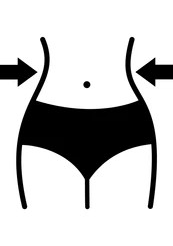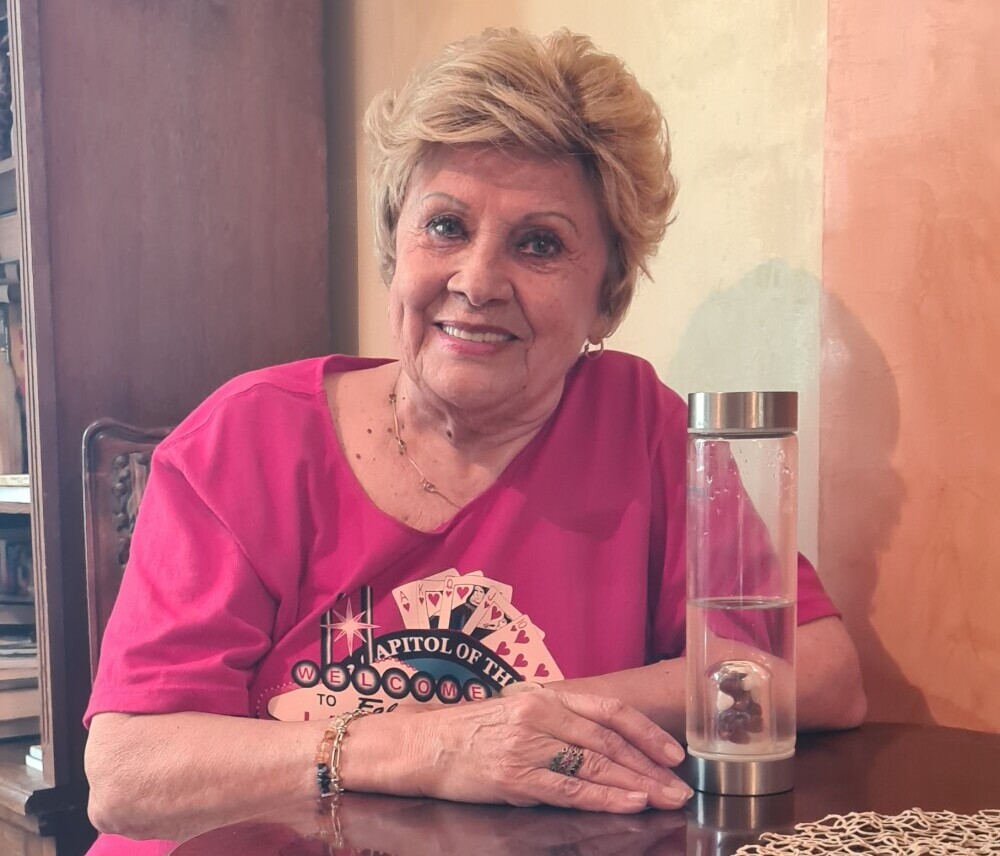Women face some distinctive challenges when it comes to weight loss. Ever feel like you’re doing all the right things, but the scale just won’t budge? It’s not just you. Differences in metabolism, body composition, and those darn hormonal imbalances make things a bit trickier for women.
Let’s debunk a few myths, shall we? First off, the idea that women must starve themselves to lose weight is outdated and, honestly, quite harmful. Health isn’t about eating less but eating right. Understanding your body’s unique needs is crucial. Women need to nurture their bodies with the right nutrients, especially when hormones come into play during different phases of life like menopause or pregnancy.
Speaking of hormones, they can feel like the puppeteers pulling the strings behind your weight loss struggles. From estrogen to insulin, these chemical messengers can affect hunger, fat storage, and energy levels. It’s like having an invisible force influencing your body, so tackling these challenging areas with knowledge and strategy is key.
And hey, let’s not forget the mind-body connection here. Weight loss isn’t all about the physical. Your mental well-being plays a huge role. Stress and emotional health often fly under the radar but managing them can make or break your weight loss efforts. We’ve all been there, stress-eating or feeling too overwhelmed to even think about a diet plan. Prioritizing mental health isn’t just a nice-to-have; it’s essential for transforming your physical health too.
Creating a Balanced Diet Plan for Women
Crafting a diet plan that works for women involves a bit of creativity and a whole lot of balance. You need to find that sweet spot where taste meets nutrition. The goal isn’t to resort to boring salads and endless hours of meal prepping. It’s about building meals that fuel your body and feel good, too.
Let’s zero in on the components of a well-balanced diet. Think lean proteins, whole grains, healthy fats, and lots of colorful fruits and veggies. Protein helps repair muscles and keeps you feeling full, while whole grains provide energy to power through the day. And yeah, don’t drop the fats! Avocados, nuts, and olive oil are your friends. They keep your heart pumping and your brain sharp.
What’s the secret ingredient? Personalization! Age, lifestyle, and specific health needs can alter what your body requires. Maybe you’re juggling a career, kids, and trying to squeeze in some ‘me time’. Your diet needs to keep up, flexibly fitting into your life rather than being a rigid set of rules.
Meal planning doesn’t have to be rocket science, either. A bit of planning goes a long way in managing portion control and avoiding the temptation of unplanned snacks. Imagine starting your week with a little schedule filled with tasty meals you’re excited to dig into. It’s not about deprivation but enjoyment and nourishment.
Finally, remember that the best diet is one that feels like a long-term lifestyle choice. That cookie won’t ruin your diet, just like one salad won’t miraculously make you healthy. It’s about consistency and picking the plan that aligns with your taste buds and health goals. Stay flexible, enjoy the process, and listen to what your body’s telling you.
Incorporating Exercise for Effective Weight Loss
Exercise brings a whole new dimension to health and fitness, especially for women on their weight loss journey. It goes beyond the dream of dropping a size—it’s about boosting mood, increasing energy, and enhancing overall well-being.
When considering exercise, variety is key. Cardio activities like running, cycling, or even dancing can rev up that heart rate and torch calories efficiently. But don’t sideline strength training; muscle is a secret weapon when it comes to long-term weight management, improving metabolism and shaping a strong physique.
Women’s bodies undergo tons of changes, but what’s cool is that different exercise types address these changes effectively. For young adults, a mix of strength and high-intensity interval training (HIIT) can work wonders. As women transition into their 30s and 40s, low-impact exercises like yoga or swimming can be just right to alleviate stress and maintain flexibility.
Don’t let excuses get in the way of staying active. Time is tight? Opt for short, intense workouts that fit your schedule. Motivation waning? Find a workout buddy who’ll keep you accountable. Sometimes it’s all too easy to let life’s hurdles derail a fitness routine, but small habits can lead to big changes over time.
Incorporating exercise into your life doesn’t have to mean hitting the gym every day. Walking the dog, taking the stairs, or joining a local Zumba class count too. Remember, the idea is to keep moving, find things you enjoy, and carve out a routine that feels like a natural part of your life.
Sustainable Habits and Lifestyle Changes
Creating long-term sustainability in weight loss boils down to developing mindful habits and achievable goals. Quick fixes or diets that promise drastic results often miss the bigger picture of maintaining health.
Start with setting realistic, personal goals. It’s easy to fall into the trap of aiming high and feeling disappointed. Achievements come one step at a time, and each small victory deserves celebration. Whether it’s drinking more water, choosing veggies over chips, or getting to bed earlier, every effort counts.
Focusing on building habits rather than just reaching a goal makes all the difference. Habits like preparing home-cooked meals, starting the day with a quick walk, or meditating before bed create a foundation for a healthier lifestyle. The key is finding routines that seamlessly fit into your daily life.
When setbacks occur—and they will—think of them as part of your learning process rather than failures. It’s about making progress, not achieving perfection. Learn from mistakes and adjust without being too hard on yourself.
A strong support network can provide the motivation and push needed during difficult times. Having friends, family, or a community with similar health goals can make the journey more enjoyable and create a sense of accomplishment.
Ultimately, the journey to health is an ongoing process rather than a destination. Embrace it as an adventure filled with opportunities to better understand yourself, adopt new skills, and improve your well-being.

